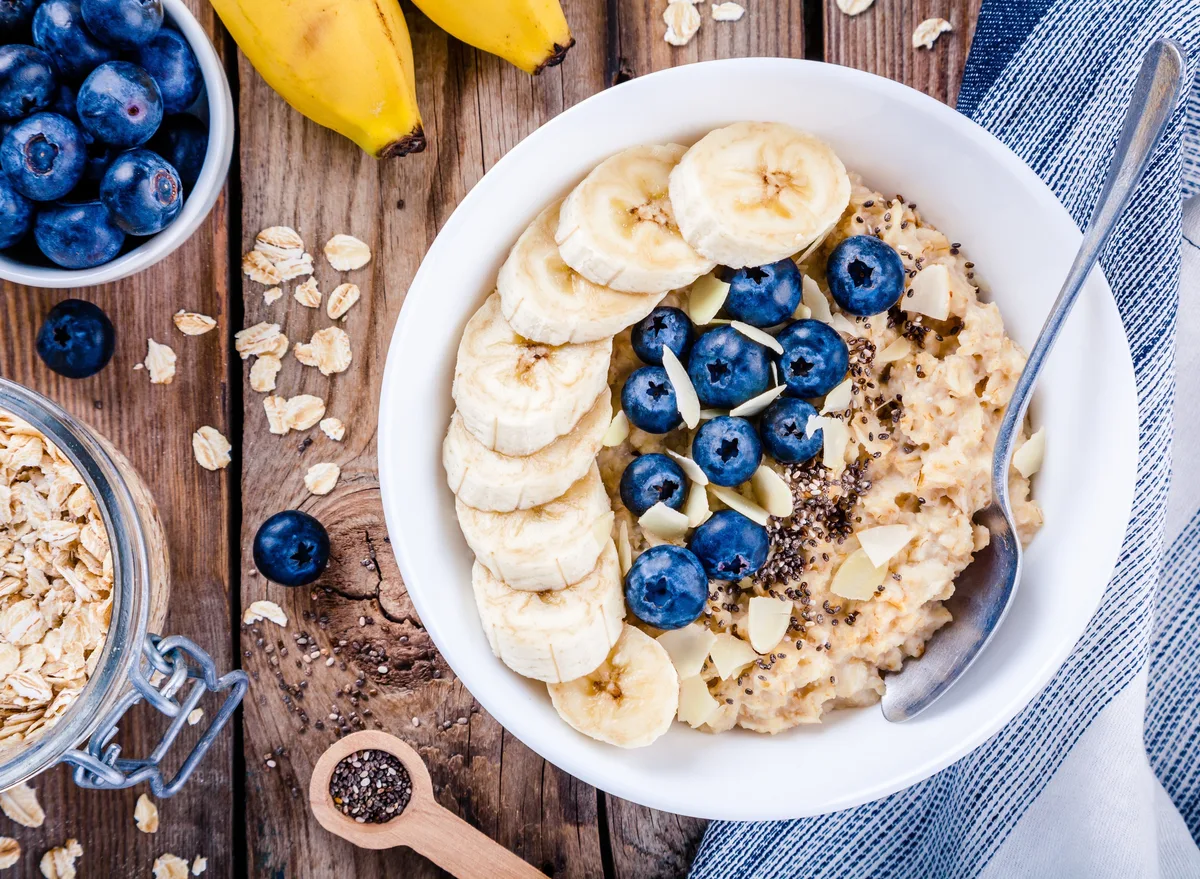The Ultimate Guide to Lowering High Blood Pressure Naturally

High blood pressure or hypertension is a common medical condition that affects millions of people worldwide. It is a serious health concern that can lead to life-threatening complications such as heart attack, stroke, and kidney damage. Luckily, there are several natural ways to lower blood pressure and maintain a healthy blood pressure level. In this article, we will explore the best ways to lower blood pressure naturally.
What is Blood Pressure?
Before we dive into the ways to lower blood pressure, let’s first understand what blood pressure is. Blood pressure is the force of blood pushing against the walls of the arteries. It is measured in millimeters of mercury (mmHg) and is expressed as two numbers – systolic pressure (the top number) and diastolic pressure (the bottom number). Systolic pressure is the pressure in the arteries when the heart beats, while diastolic pressure is the pressure in the arteries when the heart is at rest between beats.
What is High Blood Pressure?
High blood pressure, also known as hypertension, occurs when the force of blood against the artery walls is too high. This puts extra strain on the heart and blood vessels, which can lead to serious health problems such as heart disease, stroke, and kidney failure. High blood pressure is often called the “silent killer” because it often has no symptoms until it has caused significant damage to the body.
Best Ways to Lower Blood Pressure Naturally
- Maintain a Healthy Weight: Being overweight or obese can significantly increase the risk of high blood pressure. Losing even a small amount of weight can help lower blood pressure. Aim for a BMI (Body Mass Index) between 18.5 and 24.9.
- Exercise Regularly: Regular physical activity can help lower blood pressure by strengthening the heart and making it more efficient at pumping blood. Aim for at least 30 minutes of moderate-intensity exercise most days of the week.
- Reduce Sodium Intake: Eating too much salt can raise blood pressure. The American Heart Association recommends limiting sodium intake to less than 2,300 milligrams (mg) per day, with an ideal limit of no more than 1,500 mg per day for most adults.
- Eat a Healthy Diet: Eating a diet rich in fruits, vegetables, whole grains, lean protein, and low-fat dairy products can help lower blood pressure. This is known as the DASH (Dietary Approaches to Stop Hypertension) diet.
- Limit Alcohol Intake: Drinking too much alcohol can raise blood pressure. The American Heart Association recommends limiting alcohol intake to no more than one drink per day for women and two drinks per day for men.
- Quit Smoking: Smoking can damage the heart and blood vessels, which can lead to high blood pressure. Quitting smoking can help lower blood pressure and reduce the risk of heart disease and other health problems.
- Reduce Stress: Chronic stress can raise blood pressure. Engaging in activities such as meditation, yoga, or deep breathing can help reduce stress and lower blood pressure.
- Get Enough Sleep: Lack of sleep can increase the risk of high blood pressure. Aim for at least seven to eight hours of sleep per night.
- Monitor Blood Pressure: Regularly monitoring blood pressure can help identify any changes in blood pressure and allow for prompt treatment if necessary.
- Take Medication as Prescribed: If lifestyle changes alone are not enough to lower blood pressure, medication may be necessary. It is important to take medication as prescribed by a healthcare provider.
Conclusion
Lowering blood pressure naturally is essential for maintaining good health and preventing serious health problems. By following a healthy lifestyle, such as maintaining a healthy weight, exercising regularly, reducing sodium intake, and getting enough sleep, you can lower your blood pressure naturally. It’s also important to monitor your blood pressure regularly and take medication as prescribed by your healthcare provider if necessary. By making these changes, you can take control of your blood pressure and live a healthier, happier life.
FAQs
- What is considered a normal blood pressure reading? A: A normal blood pressure reading is less than 120/80 mmHg.
- How can stress affect blood pressure? A: Chronic stress can increase blood pressure by causing the body to release hormones that constrict blood vessels.
- Are there any natural supplements that can help lower blood pressure? A: Some natural supplements, such as omega-3 fatty acids and garlic, may help lower blood pressure, but it’s important to talk to your healthcare provider before taking any supplements.
- Can drinking caffeine raise blood pressure? A: Yes, drinking caffeine can raise blood pressure, so it’s important to limit caffeine intake if you have high blood pressure.
- How long does it take to see the effects of lifestyle changes on blood pressure? A: It can take several weeks to several months to see the effects of lifestyle changes on blood pressure, so it’s important to be patient and consistent with your efforts.




